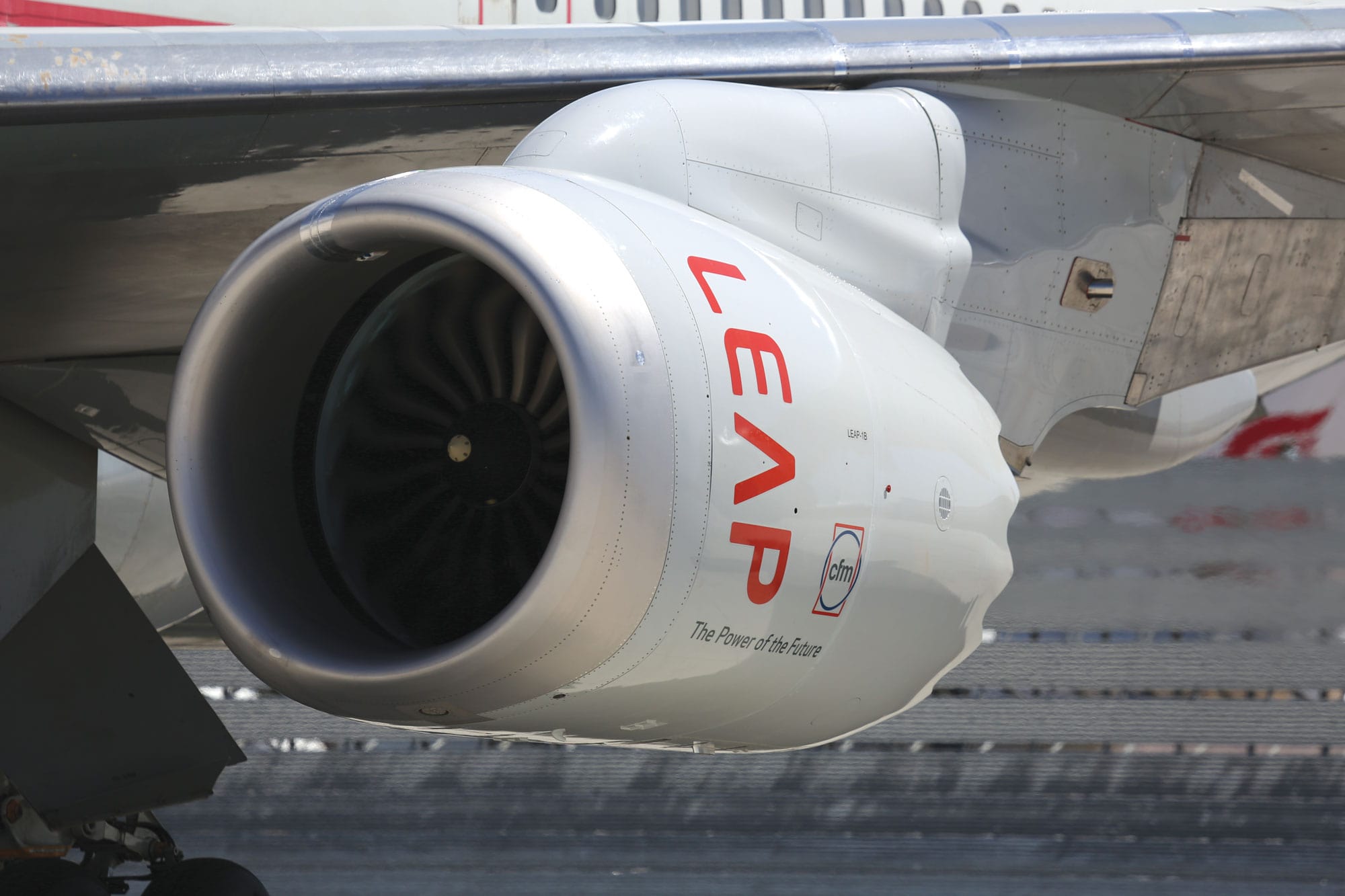Last year, the US Federal Aviation Administration (FAA) first brought attention to the issue, stating in airworthiness directives (ADs) that a few CFM Leap-1As, GE GEnx, and GE90 engines could have components made from contaminated material, potentially containing "iron inclusion." Recently, the FAA indicated that additional Leap-1As and GEnx engines might have faulty components, while its European counterpart highlighted a similar problem with some Leap-1Bs. GE Aerospace is a co-owner of CFM, along with Safran Aircraft Engines.
In a proposed AD released on April 12, the FAA notes that "certain stages 6-10 compressor rotor spools and forward seals" in some GEnx engines were made from powder metal material suspected of containing iron inclusion. GEnx turbofans power Boeing 787s and 747-8s.
The proposal reveals that only 13 engines on US-registered aircraft are affected but does not specify whether they are 787s or 747-8s. If finalized, operators would need to replace the impacted components.
GE Aerospace is proactively addressing the issue through a service bulletin outlining a removal threshold for a subset of affected engine parts. The company is closely collaborating with customers to minimize disruption while actively communicating with airworthiness authorities, airframers, and airline customers.
GE Aerospace explains that the problem involves potential contamination of a powdered metal alloy used in manufacturing specific rotating engine components. The company is working with a supplier to identify the cause, adding that the issue is contained and poses no immediate flight-safety risk.
However, the defect is not limited to the widebody engine family. On March 23, the FAA issued a separate proposal stating that 38 additional Leap-1As, which power Airbus A320neos, had components suspected of having reduced material properties due to iron inclusion.
On March 29, the European Union Aviation Safety Agency (EASA) issued a proposal addressing the issue in some Leap-1Bs, which power the 737 Max. EASA's proposed AD states that if not corrected, the condition could lead to the failure of affected parts, possibly causing high-energy debris release, resulting in damage to and reduced control of the airplane.

